The virtual world of the internet is connected with the actual world in both ways. It reflects as well as influences how humans behave in the real world.
ASIFA RAHMATH HAMEED, CHENNAI
JANUARY 12, 2022
The internet is a helpful tool and there is no denying that. With the vast digitization of information, the internet has become a knowledge hub where we can access almost all of the information we need. From getting our daily news to learning lessons through tutorials or even finding our favourite recipe, the internet is the place to be.
However, as everything comes with a price, the internet too has a flip side which makes it one of the most dangerous places to be. While the internet has revolutionized communication technology by cutting the spatial and physical distances, the anonymity that offered decreased the punitive risk for evil actions, resulting in man’s acting with less or no fear for accountability.
This can be witnessed in the abusive behaviour we generally see on social media where people blatantly abuse others without any fear of repercussions. While social media is a platform where one can express their opinions and make their voices heard, it has unfortunately become a place where anger is incontinently vented and frustration is let out in the form of extreme hate speech.
While some theories of hate speech consider it to be an inevitable element of free speech and assert its necessity in promoting discussion and debate, the fact is that hate speech only engenders more hatred and leads society towards moral deterioration. This is something that is confirmed by the reality of the situation.
According to an Ipsos MORI poll commissioned by Amnesty International, 46 per cent of those women who had experienced online abuse or harassment said that the comments they received were misogynistic or sexist in nature[1]. This clearly shows that this is not just a case of hate speech but also a case of unabated misogyny shrouded in anonymity.
The fact that online hate speech can bear offline consequences and that it is related to the rise in the incidence of real-life hate crimes makes it a matter of great concern. A 2019 study that examined the possible association between online hate speech targeting race and religion and racially and religiously aggravated offline crimes in London over an eight-month period confirmed a consistent positive association between online hate speech and offline violence[2]. Another study conducted in 2008 concluded that online racial discrimination was negatively associated with psychological functioning[3].
Hence, although social media is a place where we can ‘freely’ let our thoughts out, we should be conscientious of what we are putting out. A certain level of discretion must be maintained while being in public so as to promote values of tolerance and respect.
Islam exhorts its followers to be respectful towards others and to be extremely cautious while speaking so that people’s sentiments are not hurt. In fact, the very definition of a Muslim given by the Holy Prophetsa comprises this value. He says:
The Muslim is the one from whose tongue and hand the people are safe, and the believer is the one from whom the people’s lives and wealth are safe.[4]
The Holy Prophetsa has stressed this to such an extent that he even forbade his followers to declare his supremacy over other prophets in a way that would offend others. In one instance, when a Jew approached him complaining about a Muslim who had said that the Holy Prophetsa was superior to Mosesas, he said:
Do not declare my superiority over Moses.[5]
The Worldwide Head of the Ahmadiyya Muslim Community, Hazrat Mirza Masroor Ahmadaba has exhorted in several places about the dangers associated with the inappropriate use of the internet and social media. He warned us that when we “use the internet to chat with friends, make fun of others, use lewd language, use it against each other, use it to cause rifts in people’s relationships”, then the same object, which bears us benefits will become harmful and we will be committing sin.[6]
His Holiness also exhorted the members of the Community to show patience even when they are hurled abuses at, especially when spreading the message of Islam; in person or on social media. He said regarding those who feel compelled to return such abuses in the heat of the moment that it would be better for them to not engage in the propagation of Islam at all.[7]
His Holiness said:
Islam advocates that [you should] not respond to the low and base allegations of the opponents because to do that would make you just as cruel. If you can forgive, then forgive, that is better…
Whereas there is freedom of speech and tolerance in Islam, there is also the respect for mankind and forbearance.[8]
His Holiness has also admonished the parents that they must be aware of their children’s social media presence. Apart from making sure that they are being safe in such settings, it is important to oversee if their children are treating their friends or other people in their circle with utmost dignity and respect. After all, teaching how to respect others begins at home.
With stringent cyber laws which govern different countries that are designed to curb online hate speech and violence, we are far from making a considerable change. Therefore, it is up to us to make sure that we keep ourselves away from such thoughts and actions that will be a hindrance to world peace, even unconsciously.
The founder of the Ahmadiyya Muslim Community, Hazrat Mirza Ghulam Ahmadas says:
Show mercy to His [God’s] servants and do not wrong them by your tongue or your hand or by any other means, and strive for the welfare of God’s creation. Behave not arrogantly towards anyone even if he is your subordinate, and revile not anyone even if he should revile you. Become humble, tolerant, well-intentioned and compassionate towards God’s creation so that you may be accepted by God.[9]
Hence, the world does not need more hate but respect, love and understanding between people. Only then can we hope to make this world a better place to live in. To strive for it is the responsibility of us all.
The author holds an M. Phil in the field of literature and cultural studies. She is a regular contributor for Light of Islam.
REFERENCES
[1] Amnesty Reveals Alarming Impact of Online Abuse Against Women – Press release by Amnesty International, November 20, 2017
[2] Hate in the Machine: Anti-Black and Anit-Muslim Social Media Posts as Predictors of Offline Racially and Religiously Aggravated Crime by Mathew L Williams, British Journal of Criminology, July 2019
[3] Online Racial Discrimination and Psychological Adjustment Among Adolescents by Brendesha M Tynes, Journal of Adolescent Health, August 2008
[4] Sunan al-Nasai, Kitab al-Iman wa Sharai’ihi (Book of Faith and Its Signs)
[5] Sahih Bukhari, Kitab al-Khusumat (Book on Quarrels)
[6] Address by His Holiness at Annual Ijtema Lajna Imaillah Germany, 11 June 2006
[7] Friday Sermon dated 12 May 2017
[8] Freedom of Speech and Tolerance in Islam – An address delivered on the occasion of National Peace Symposium UK, 2006 on 25 March 2006
[9] Noah’s Ark, the English rendering of Kashti-e-Nuh (Urdu) by Hazrat Mirza Ghulam Ahmadas

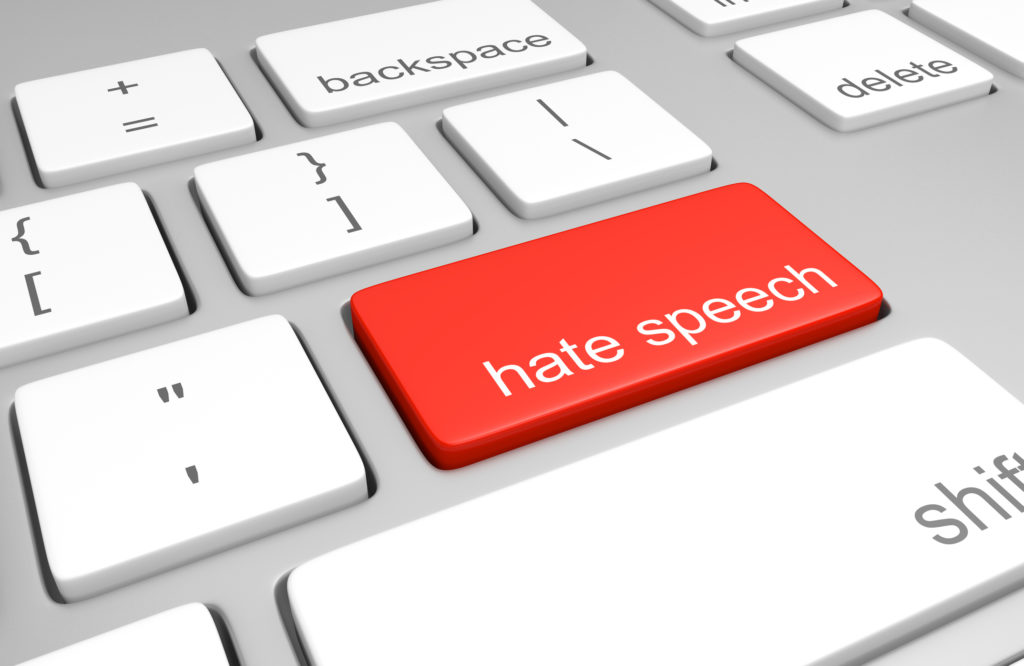



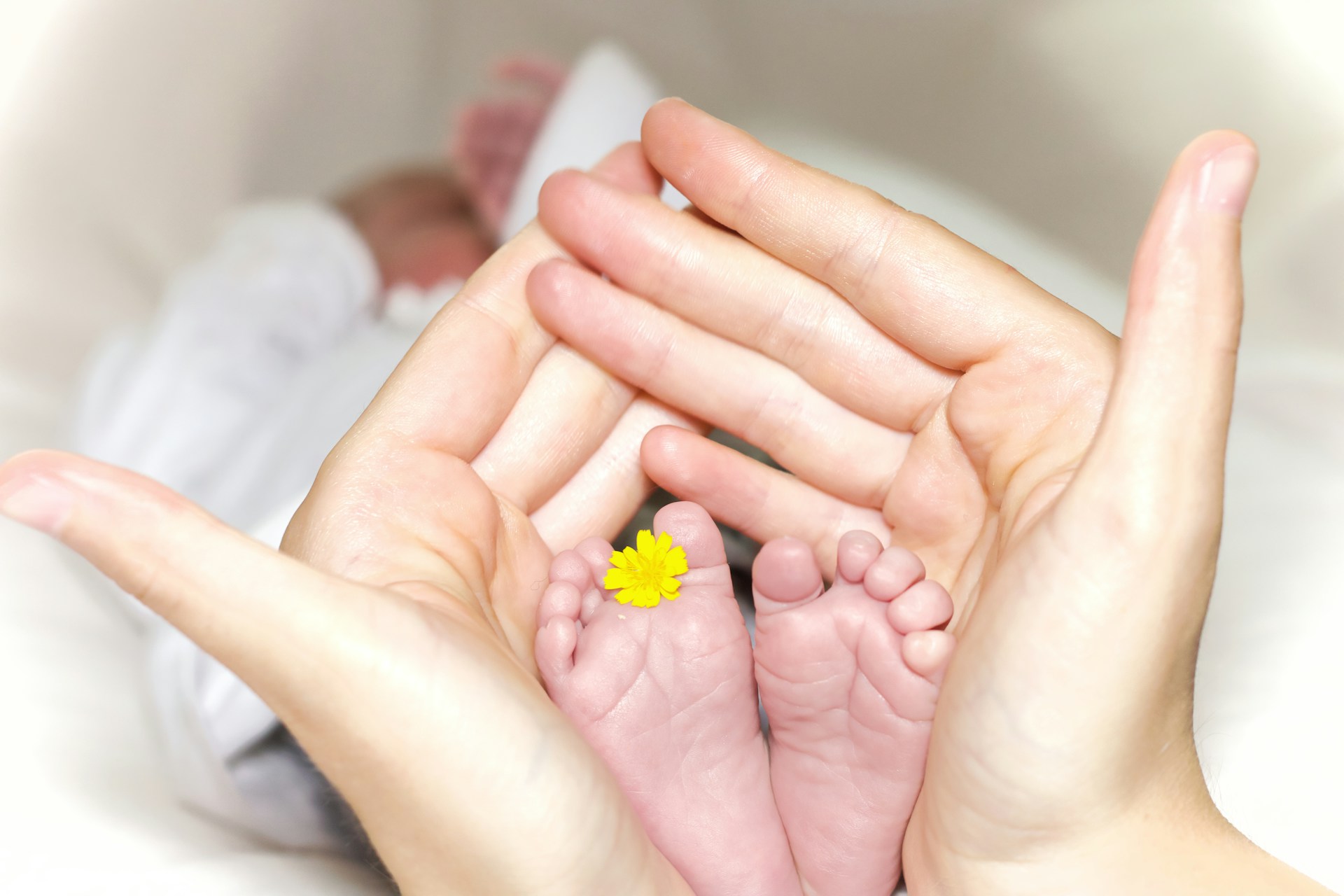


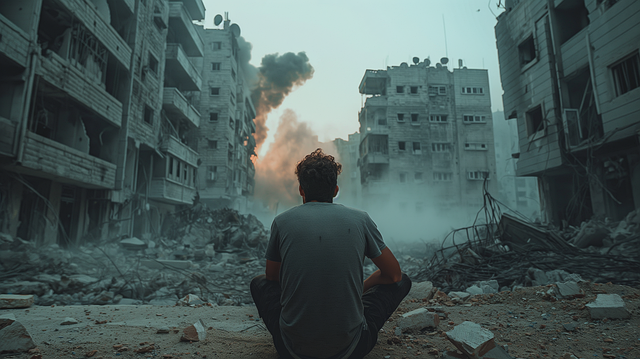

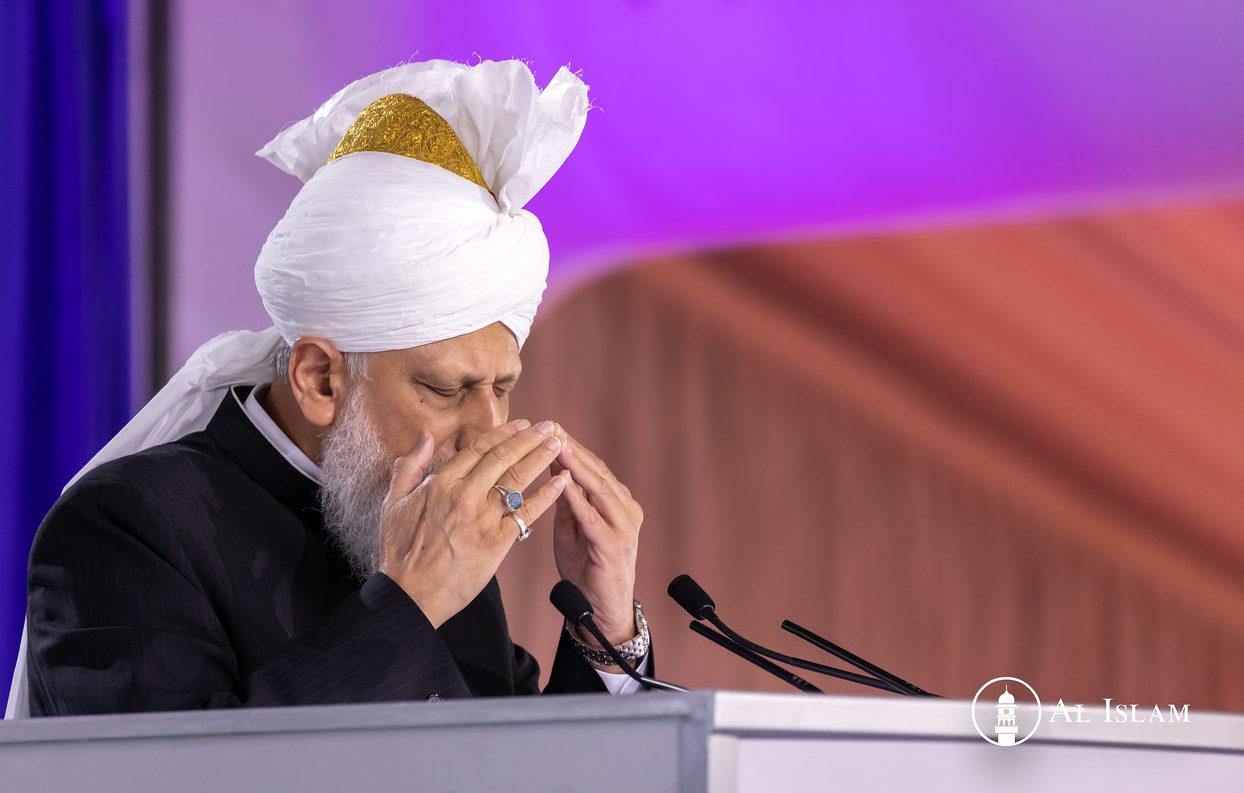
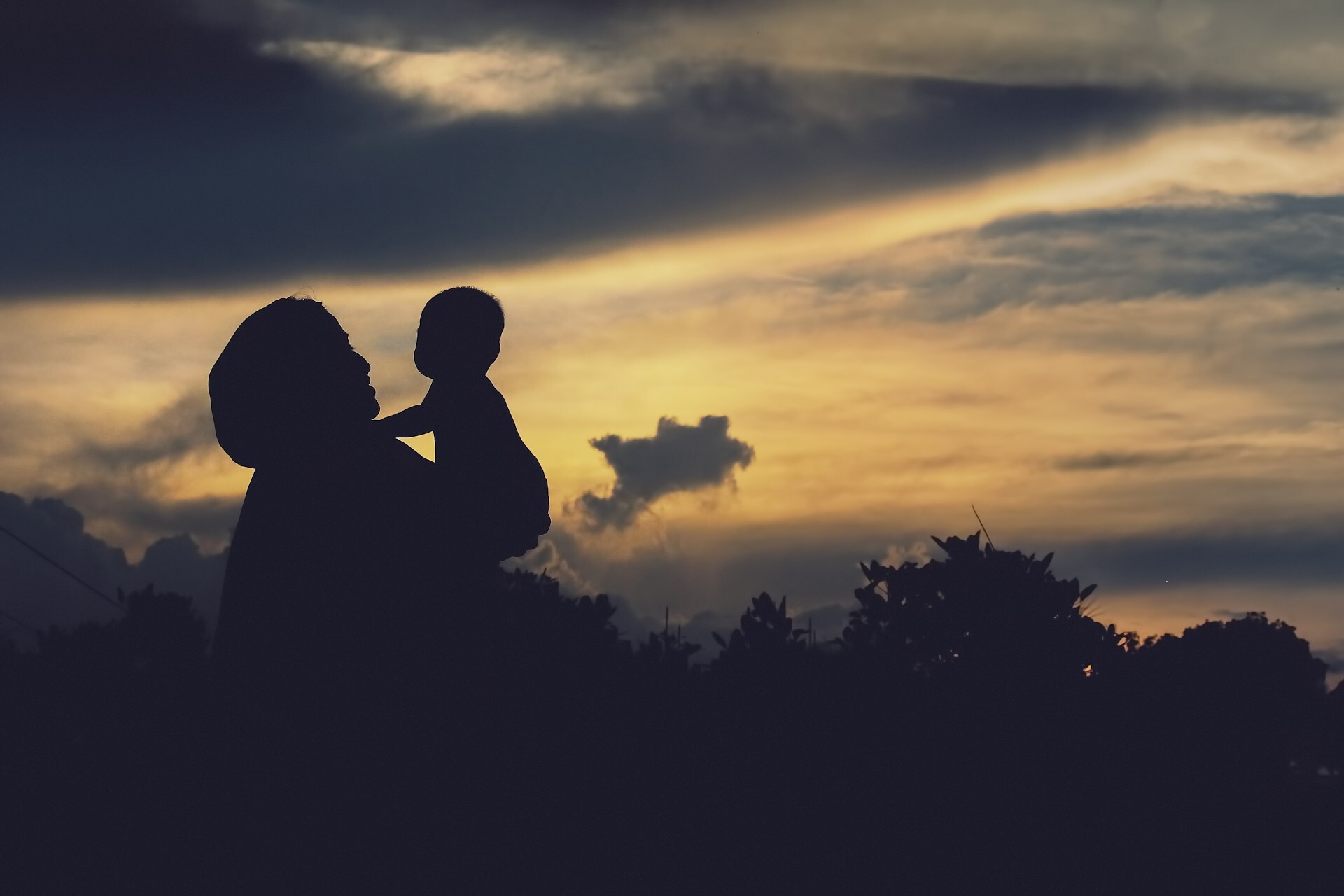
0 Comments